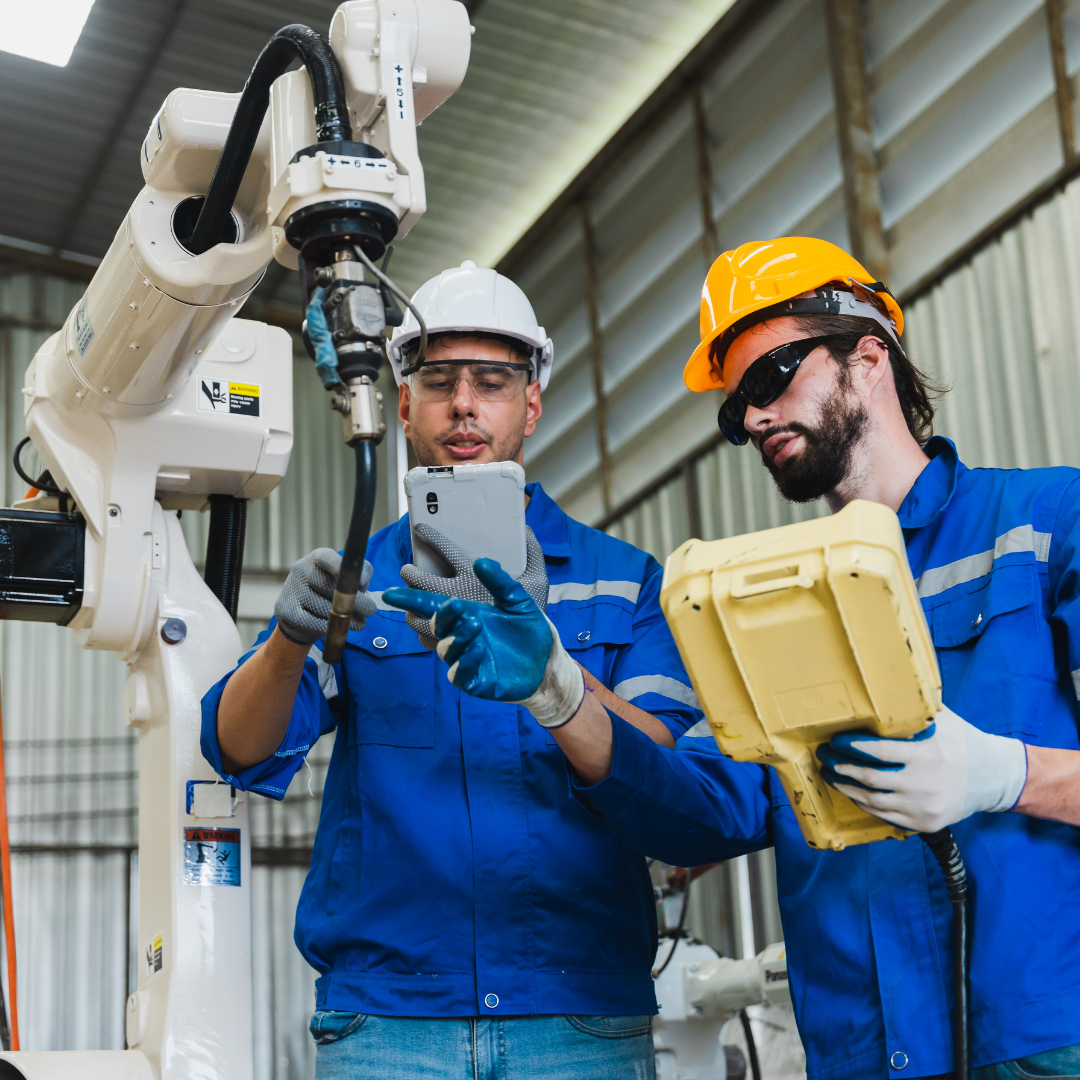
 AUTOMATION/ELECTRICAL TECHNICIANS: Automation and electrical technicians are responsible for automated technical functions in support of product development lab engineering activities such as designing, testing, modification, fabrication, assembly, characterization, functional validation, and electrical analysis of prototype electro-mechanical systems, experimental design circuitry, specialized test equipment, and/or IC (information communication technology) devices. Technicians use test and diagnostic equipment, schematics, diagrams, written and verbal descriptions, layouts, and/or defined plans to perform operational testing, checkout, and fault isolation on systems and equipment. Technicians also conduct engineering tests and detailed experimental testing to collect design data or assist in research work, as well as maintain lab processes and documentation.
AUTOMATION/ELECTRICAL TECHNICIANS: Automation and electrical technicians are responsible for automated technical functions in support of product development lab engineering activities such as designing, testing, modification, fabrication, assembly, characterization, functional validation, and electrical analysis of prototype electro-mechanical systems, experimental design circuitry, specialized test equipment, and/or IC (information communication technology) devices. Technicians use test and diagnostic equipment, schematics, diagrams, written and verbal descriptions, layouts, and/or defined plans to perform operational testing, checkout, and fault isolation on systems and equipment. Technicians also conduct engineering tests and detailed experimental testing to collect design data or assist in research work, as well as maintain lab processes and documentation.
Have you considered?
HEAVY EQUIPMENT DIESEL TECHNICIAN: Heavy equipment diesel technicians specialize in the maintenance and repair of vehicles and machinery used in farming, construction, and rail transportation. Their responsibilities include diagnosing mechanical issues using computerized tools, maintaining and repairing hydraulic and electrical systems, overhauling machinery, and replacing faulty parts. There are different types of heavy equipment diesel technicians, such as agricultural diesel technicians who focus on farming equipment, mobile equipment diesel technicians servicing construction and mining equipment, and locomotive diesel technicians handling train engines and railcars. These technicians may find employment opportunities with rental and leasing companies, government agencies, construction groups, or farm equipment wholesalers.
SMALL-ENGINE DIESEL TECHNICIAN: Small-engine diesel technicians specialize in working on various sizes and types of diesel engines commonly found in off-road vehicles and power equipment, including camping generators, garden tractors, snowmobiles, motorboats, and dirt bikes. Their job responsibilities typically involve discussing equipment issues and maintenance plans with customers, performing routine engine maintenance such as lubricating parts and replacing spark plugs, repairing or replacing broken parts, re-installing components and engines after repairs, and adjusting components based on desired specifications. Small-engine diesel technicians commonly find employment in repair shops.

To become an automation technician, students typically need an Automation Technology certificate or Associate's Degree. These programs emphasizes both theoretical knowledge and hands-on experience, covering essential topics such as industrial mechanics, electrical systems, motor controls, hydraulics, pneumatics, and programmable logic controllers (PLCs). Students learn to interpret blueprints and schematics, apply mathematical concepts, and diagnose and troubleshoot automation systems. Curriculum also includes safety practices and offers certifications, such as the Smart Automation Certification Alliance (SACA) certification, which is industry-recognized. This training prepares graduates for roles in various industries, ensuring they have the practical and technical skills needed for a successful career as automation technicians.
The ideal diesel technician possesses attention to detail, communication skills, technical knowledge, problem-solving abilities, and a drive to succeed, ensuring success in this dynamic and growing industry. The evolving nature of technology emphasizes the importance of education in this field. To become a diesel technician, individuals can start their training through programs like those offered at Mountainland Technical College or UVU Diesel Technology programs. High school students can take automotive, welding, and diesel technology classes and receive concurrent enrollment credit or enroll at MTECH while still in high school. While on-the-job experience and apprenticeships are viable paths, attending a school can provide industry-specific skills in a shorter timeframe and prepare for ASE examinations. Educational requirements vary among employers, but having a high school diploma or GED is essential. Diesel technicians often take additional steps, such as completing training programs, gaining manufacturer-specific training, and earning ASE certification.
Earning Potential Averages For Automation/Electrical Technicians: (Jobs.Utah.Gov)
US Annual Total Openings: | 370 |
|---|---|
Annual Growth Rate: | 2.56% |
Median Annual Wage: | $60,570 |
Education: | Certificate or Associate Degree |
Earning Potential Averages For Diesel Service Technicians: (Jobs.Utah.Gov)
US Annual Total Openings: | 7,690 |
|---|---|
Annual Growth Rate: | 3.93% |
Median Annual Wage: | $55,770 |
Education: | Certificate, Apprenticeship, or Associate Degree |


